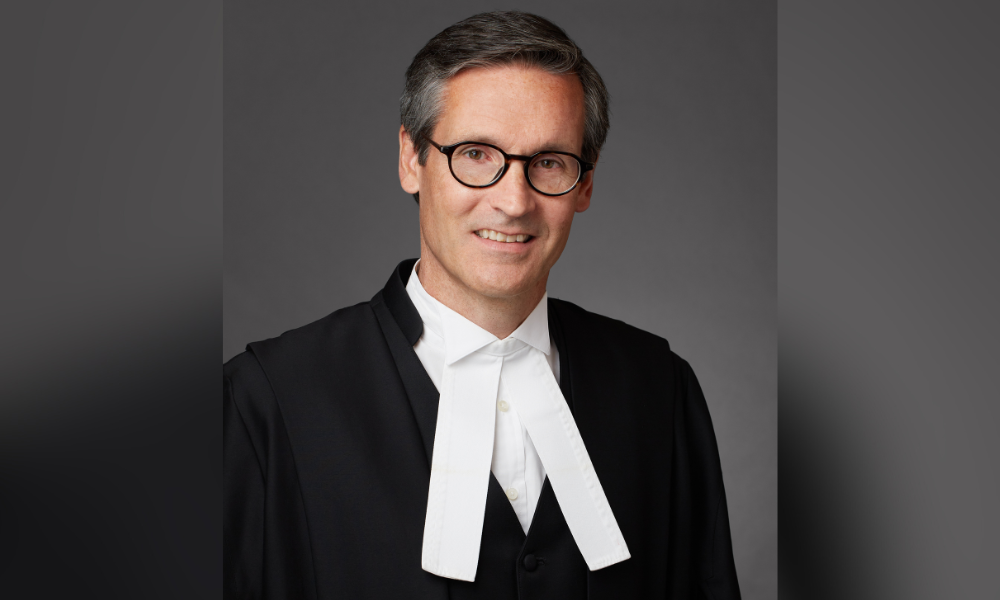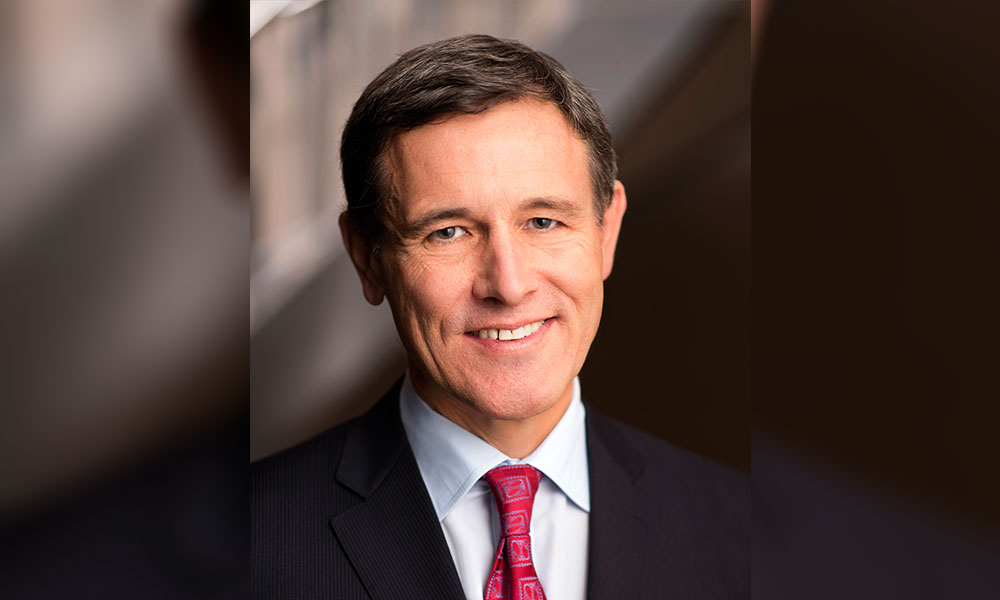
Justice Marchand touted as 'careful, thoughtful jurist,' 'humble and kind person'

Justice Leonard Marchand has been appointed Chief Justice of British Columbia. He is the first Indigenous person to hold that role in the province’s history.
Prime Minister Justin Trudeau announced Friday that Justice Marchand will be the next Chief Justice of British Columbia and Chief Justice of the Yukon Court of Appeal. He replaces Justice Robert Bauman, who retired on Oct. 1.
“Len is hard-working, principled, and one of the most highly ethical people I know,” says Michelle Good, a lawyer and the award-winning author of Five Little Indians and Truth Telling: Seven Conversations about Indigenous life in Canada.

Michelle Good
“We can all benefit from that and have faith in our system with Len at the helm.”
More than just a judge, the chief justice symbolizes the court, says Craig Ferris, a partner at Lawson Lundell in Vancouver and former president of the BC Law Society. “Chief Justice Bauman was really fantastic in that role with all his work on access, and I think the new chief justice will be the same.”

Craig Ferris
“He's a very careful, thoughtful jurist,” he says. “This is an appointment of a really good judge.”
Chief justices and associate chief justices oversee the leadership and administration of the court and serve as members of the Canadian Judicial Council, which regulates the conduct of superior court judges across Canada.
Marchand has been a judge since 2013. First, he served on the Provincial Court until 2017, when he was elevated to the Supreme Court. In 2021, he was appointed to the Court of Appeal. Before the bench, he was a lawyer at Fulton & Company LLP in Kamloops, BC, with a practice focused on the liability of public authorities. He was called to the bar in 1994. Before attending law school at the University of Victoria, Marchard got a degree in chemical engineering and spent five years working in the oil industry. He is a member of the Okanagan Indian Band, part of the Syilx Nation.
Marchand’s legal practice included pursuing civil claims of historic child abuse in institutional settings, and he represented many residential school survivors. He was a negotiator of and signatory to the Indian Residential Schools Settlement Agreement. He was on the oversight committee for the independent assessment process, which was established under the residential schools settlement agreement to distribute funds for claims of sexual abuse and other wrongdoing suffered by former students. Marchand also served on the selection committee for the Truth and Reconciliation Commission.
“With an accomplished career spanning decades, Chief Justice Marchand has consistently demonstrated a commitment to upholding the principles of fairness, integrity and the rule of law,” said BC Attorney General Niki Sharma. “He has dedicated much of his career to advancing reconciliation for Indigenous Peoples, including leading civil claims on behalf of residential school survivors and helping to negotiate the Indian Residential Schools Settlement Agreement in 2005.
“His experience and keen legal insight make Chief Justice Marchand an outstanding choice for this esteemed position,” said the AG.
Good has worked with Marchand on both the same and opposite sides of cases for decades, including on the residential schools matter. With Indigenous rights and title being “extremely critical” issues in BC, she says Marchand is well-suited to the task.
Marchand “has a very deep understanding of those issues both as an Indigenous person, but also as an incredibly well-equipped, scholarly lawyer in the area of Aboriginal law.
“So much will never be resolved until those issues are resolved.”
In the appointment announcement, Prime Minister Trudeau said: “The Honourable Leonard Marchand is a highly respected member of British Columbia and Canada’s legal community. As he takes on his new role as Chief Justice of British Columbia and Chief Justice of the Court of Appeal of Yukon, I wish him continued success. I know he brings a wealth of experience to the position and will continue to serve the people of British Columbia and the Yukon well.”